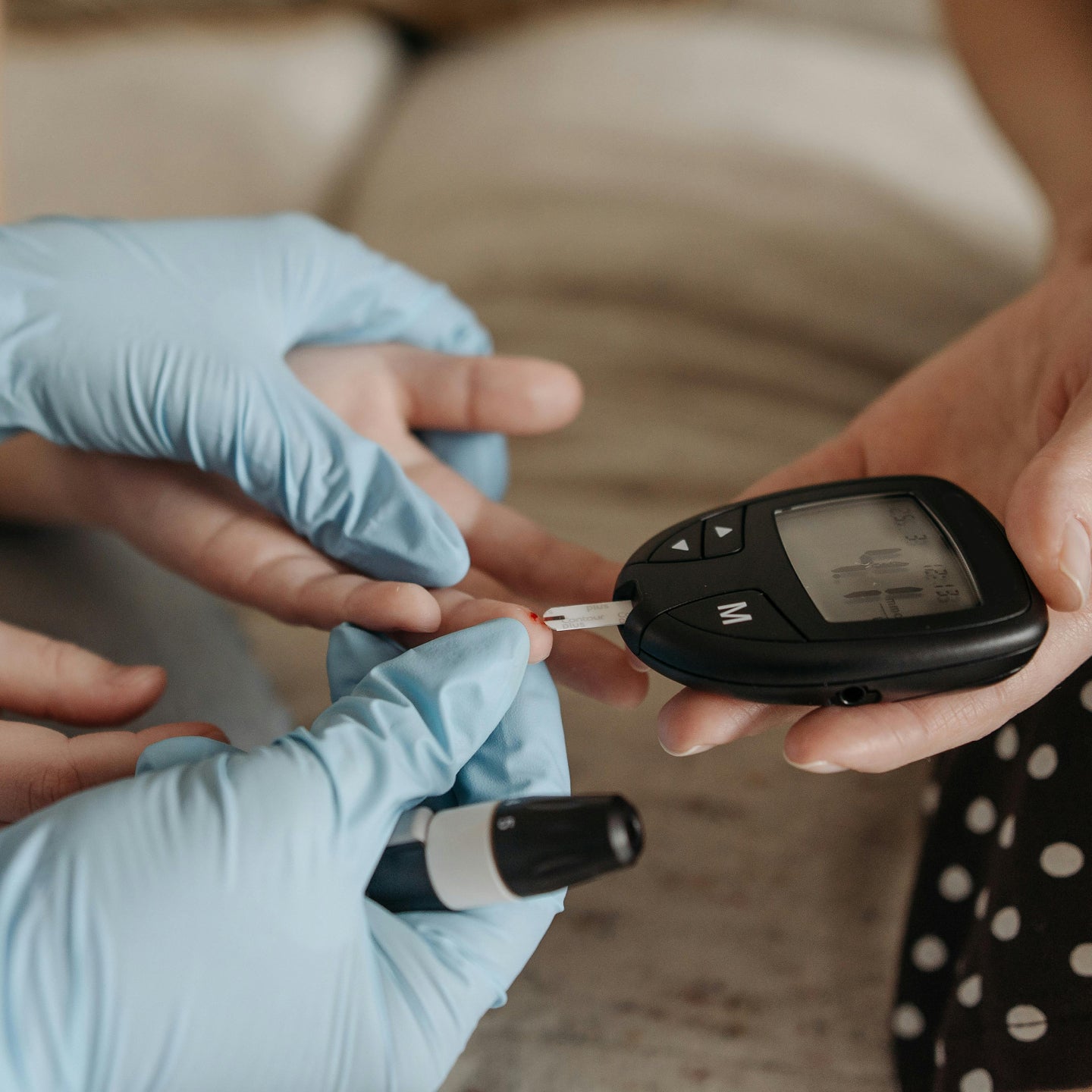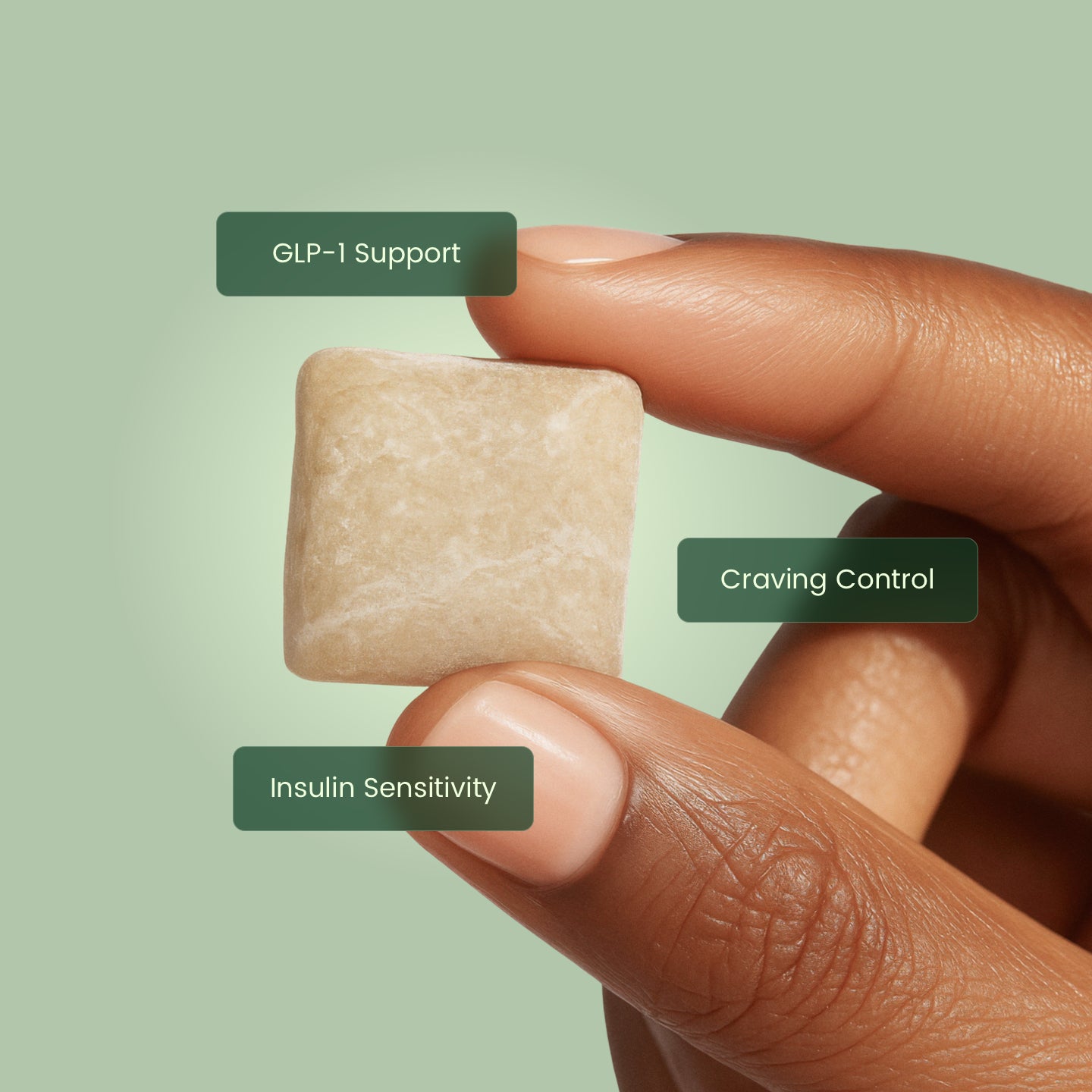Why Allulose?

Subscribe and Save 10%
-
Improves Postprandial Glucose Control
In human studies, allulose consumed with carbohydrate-containing meals has been shown to reduce the post-meal blood sugar spike [1,4].
-
May Stimulate GLP-1 and Improve Insulin Sensitivity
In some studies, allulose has been shown to stimulate GLP-1 secretion, an incretin hormone involved in glucose metabolism and appetite signaling [5].
-
May Reduce Abdominal Fat and Improve Metabolic Markers
A 12-week study in overweight adults found that daily consumption of 7-10g of allulose was associated with modest reductions in body fat and improvements in certain metabolic markers [2]. RARE Gum provides 2g per serving.
-
Gentle On Your Gut
A human study showed that allulose is well tolerated in doses up to 0.4 g per kg of body weight (about 27g for a 150lb person) with no reported bloating, cramping, or diarrhea [3].




The Research
- Braunstein, C. R., Noronha, J. C., Glenn, A. J., Viguiliouk, E., Noseworthy, R., Khan, T. A., Au‑Yeung, F., Blanco Mejia, S., Wolever, T. M. S., Josse, R. G., & Jenkins, D. J. A. (2018). A double‑blind, randomized controlled, acute feeding equivalence trial of small, catalytic doses of fructose and allulose on postprandial blood glucose metabolism in healthy participants: The FACE Trial. Nutrients, 10(6), 750. https://doi.org/10.3390/nu10060750
- Han, Y.-J., Ochiai, R., Yada, T., & Matsuo, T. (2016). Safety evaluation of 12-week continuous ingestion of D‑allulose in borderline diabetes and type 2 diabetes: Long‑term D‑allulose intake reduces body weight and fat mass. Journal of Clinical Biochemistry and Nutrition, 59(3), 184–189.
- Han Y, Choi BR, Kim SY, Kim S-B, Kim YH, Kwon E-Y, Choi M-S. Gastrointestinal Tolerance of D-Allulose in Healthy and Young Adults. A Non-Randomized Controlled Trial. Nutrients. 2018; 10(12):2010.
- Hayashi, N., Iida, T., Yamada, T., Okuma, K., Takehara, I., Yamamoto, T., Yamada, K., & Tokuda, M. (2010). Study on the postprandial blood glucose suppression effect of D‑psicose in borderline diabetes and the safety of long‑term ingestion by normal human subjects. Bioscience, Biotechnology, and Biochemistry, 74(3), 510–519. https://doi.org/10.1271/bbb.90707
- Tani, Y., Tokuda, M., Nishimoto, N., Yokoi, H., & Izumori, K. (2023). Allulose for the attenuation of postprandial blood glucose levels in healthy humans: A systematic review and meta-analysis. PLOS ONE, 18(4), e0281150. https://doi.org/10.1371/journal.pone.0281150
- Teysseire, F., Bordier, V., Budzinska, A., Weltens, N., Rehfeld, J. F., Holst, J. J., Hartmann, B., Beglinger, C., Van Oudenhove, L., Wölnerhanssen, B. K., & Meyer‑Gerspach, A. C. (2022). The role of D‑allulose and erythritol on the activity of the gut sweet taste receptor and gastrointestinal satiation hormone release in humans: A randomized, controlled trial. The Journal of Nutrition, 152(5), 1228–1238.



